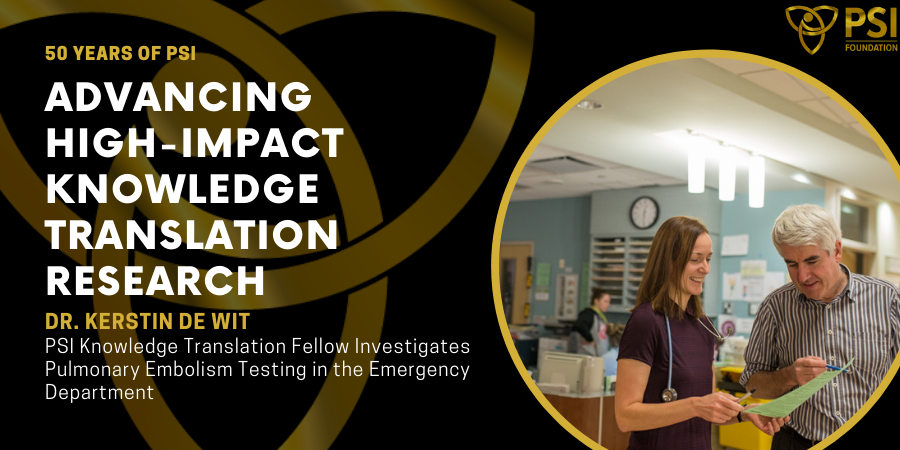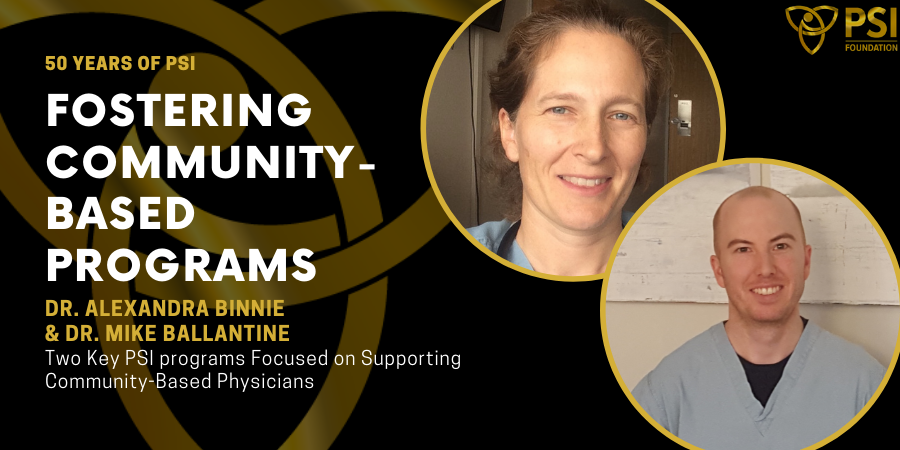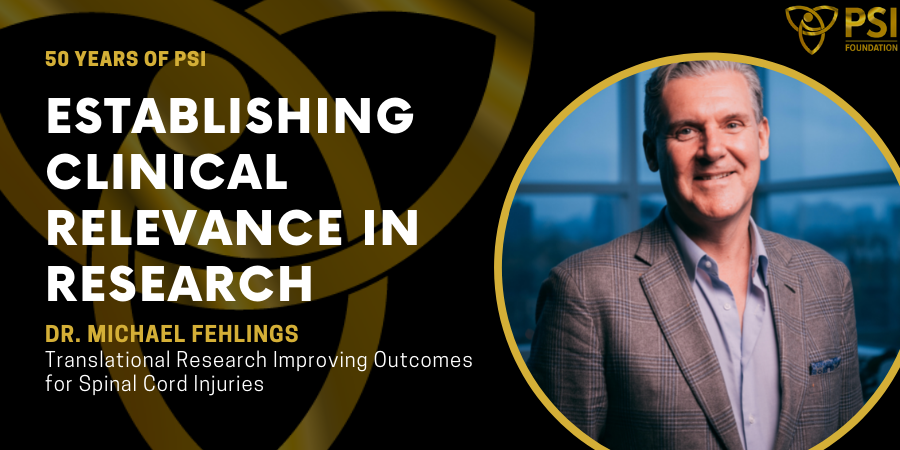“PSI has been unbelievably supportive of my research. I feel incredibly honoured and privileged to have held one of their grants, not just because of the funds, but because of the retreat with the other fellows, their annual day, and other events that made me feel supported.” – Dr. Kerstin de Wit
As a specialist in thrombosis and emergency medicine, Dr. Kerstin de Wit saw a disconnect between the clinical practice guidelines and typical procedures for diagnosing pulmonary embolism (PE) in the emergency department. To Dr. de Wit, the disconnect clearly demonstrated the importance of knowledge translation research and considering the end user of research.
“The actual generation of the research information is only a small portion of evidence-based medicine, and research on its own doesn’t change practice,” says Dr. de Wit, who practices at Hamilton Health Sciences and Kingston Health Sciences Centre. “We need people to work on implementation and trying to fit the new information into our current processes and procedures.”
In recent years, researchers have studied and modified a variety of processes to diagnose PE in the emergency department with the goal of reducing the number of CT scans ordered. The guidelines recommend that physicians complete a Pulmonary Embolism Rule-out Criteria (PERC) score, followed by another risk measurement called a Wells score, followed by a d-dimer blood test. If these tests indicate the patient is low risk for PE, they should not proceed to a CT scan.
In practice, emergency physicians seem to order more CT scans than might be expected if they were following the guidelines, but evidence about this was lacking.
Dr. de Wit received the PSI Graham Farquharson Knowledge Translation Fellowship in 2017 to investigate how emergency physicians diagnose PE. The fellowship provides salary support for a new investigator to protect 50% of their time for research, focused on improving health system processes or health outcomes for Ontarians.
As part of the fellowship, Dr. de Wit and her research team interviewed more than 60 emergency physicians in five cities about the procedures they use and their thought processes when diagnosing or ruling out PE. They found that physicians felt anxious about missing diagnoses of PE and using the evidence-based tests, and that physician knowledge, time pressures of the emergency department and patient expectations were all barriers to using the tests.
“We have these evidence-based tools and tests, but it’s clear that they don’t fit into the emergency department,” she says. “So we’ve ended up in this situation where physicians talk about the tests like they’re using them, but they’re actually not using them.”
“In the emergency department, we shouldn’t be making our lives harder,” she adds. “There are certain qualities to tests and processes that help us in the emergency department and would be easier to adhere to, and some processes that are not easy to adhere to. I would place the current evidence-based process for PE testing as something that is not easy, and in fact it probably doesn’t help us.”
Dr. de Wit then used the themes that emerged from the interviews to implement a simplified diagnostic process that was meant to work better in the emergency department, testing the implementation in two emergency departments in Hamilton.
The new process was successfully implemented, but she found that it didn’t change the number of scans that physicians ordered. However, deeper analysis about the implementation is ongoing.
Dr. de Wit says that the fellowship has been “the success or failure of my research career.” Since receiving the fellowship, she has received two CIHR grants, published 16 papers directly related to the research, been invited to present at three conferences, and presented 18 conference abstracts about the work.
While there’s still more to be done before settling on an ideal PE diagnostic pathway for the emergency department, Dr. de Wit’s research has provided important information about the barriers and unique challenges that emergency physicians face and demonstrated the importance of considering end users in knowledge translation research.
“I hope that it will encourage thrombosis researchers who are not emergency physicians to think a little more deeply before they test an algorithm,” she says. “And I hope that emergency physicians are consulted about advances in care in the emergency department so that researchers understand the processes they go through and what would be helpful for them.”




